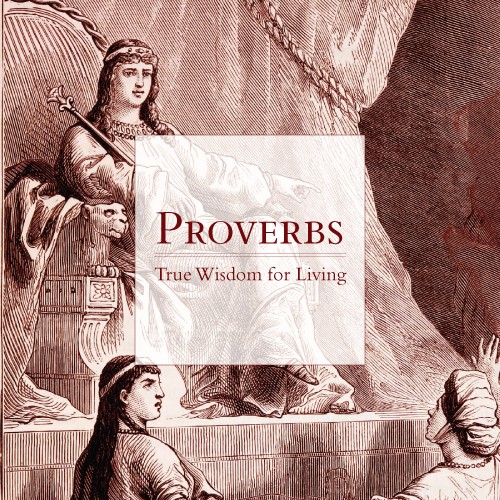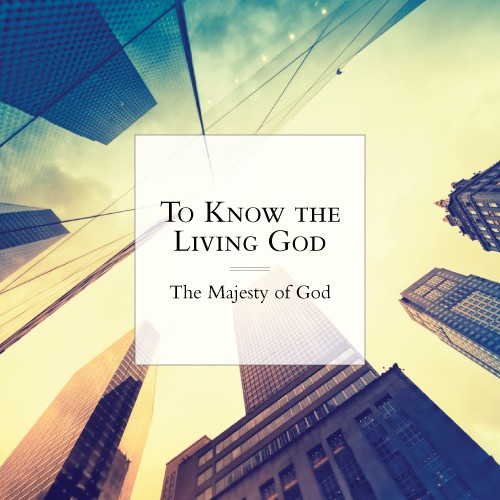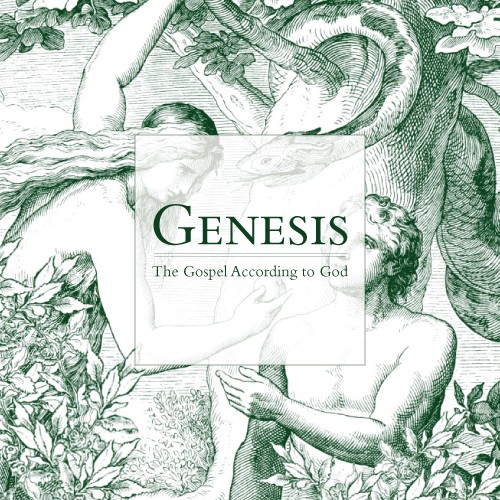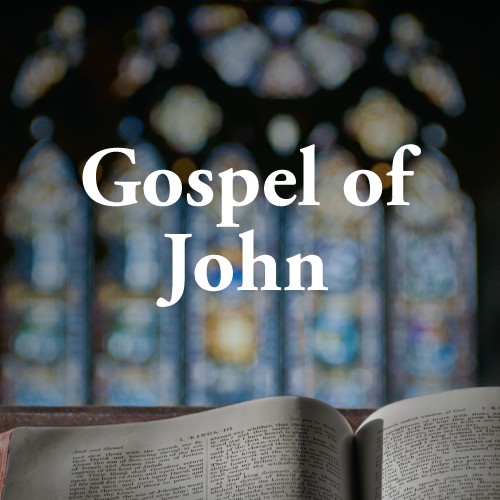
Creation Care and Justice
Tim Keller | January 16, 2005
Overview
We’re looking at the book of Proverbs and the subject of wisdom. At the heart of what Proverbs says it means to live a wise life is caring for justice. “The righteous care about justice for the poor, but the wicked have no such concern.” This little word for caring is way too weak an English word to get across what’s actually being said here. The Hebrew word here is yada`, which is the most deep and intimate and experiential word in the Hebrew language for knowledge. It is knowledge so passionate and so intense and so intimate that it’s a synonym for sexuality when used in the book of Genesis.
This proverb is saying, “You’re not wise unless you are living an intensely passionate life, committed to justice.” What does that mean? Let’s look at this under four headings: Why do we need justice? What is justice? Who does justice? And how can we be one of the ones who do justice?




